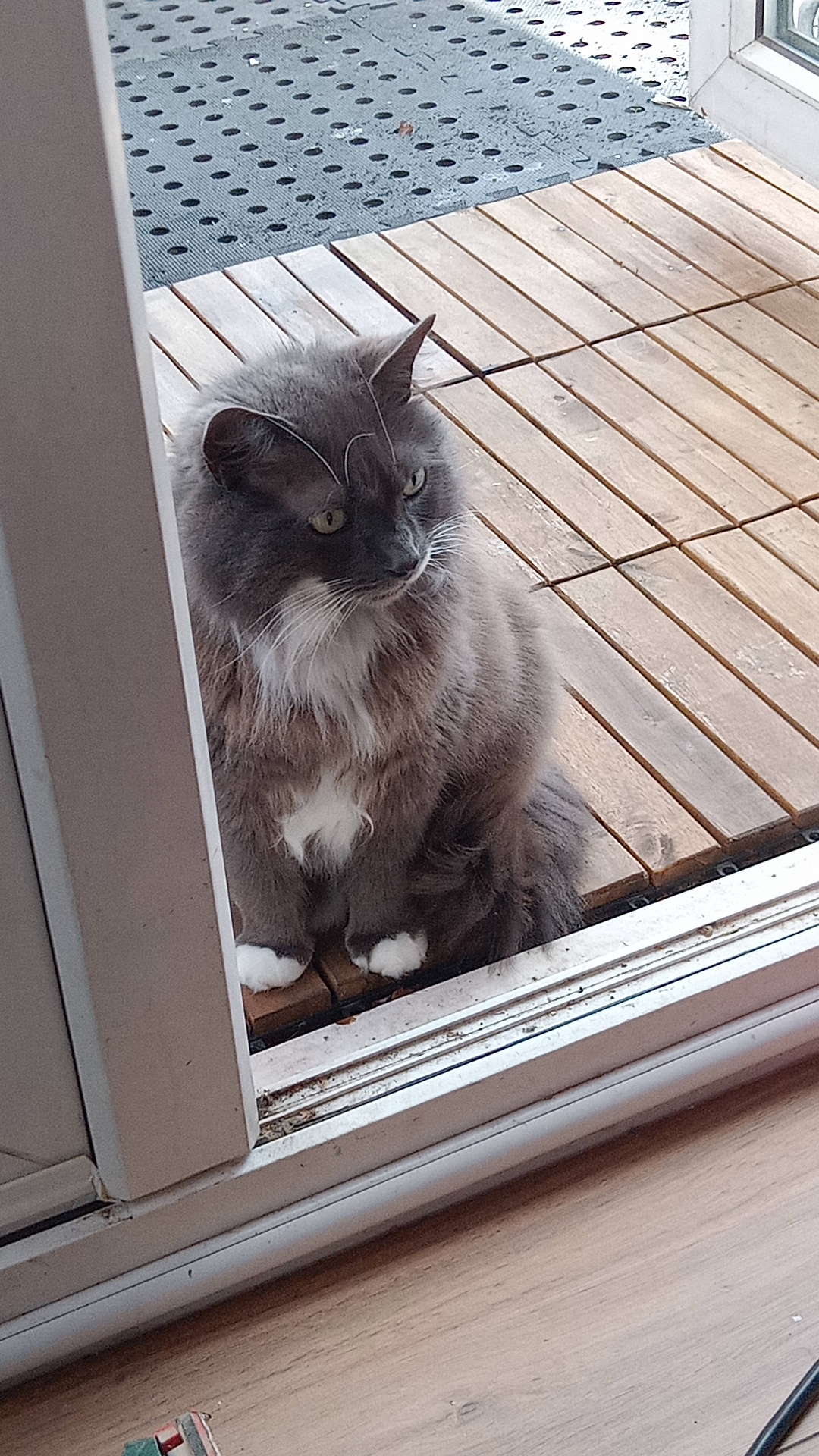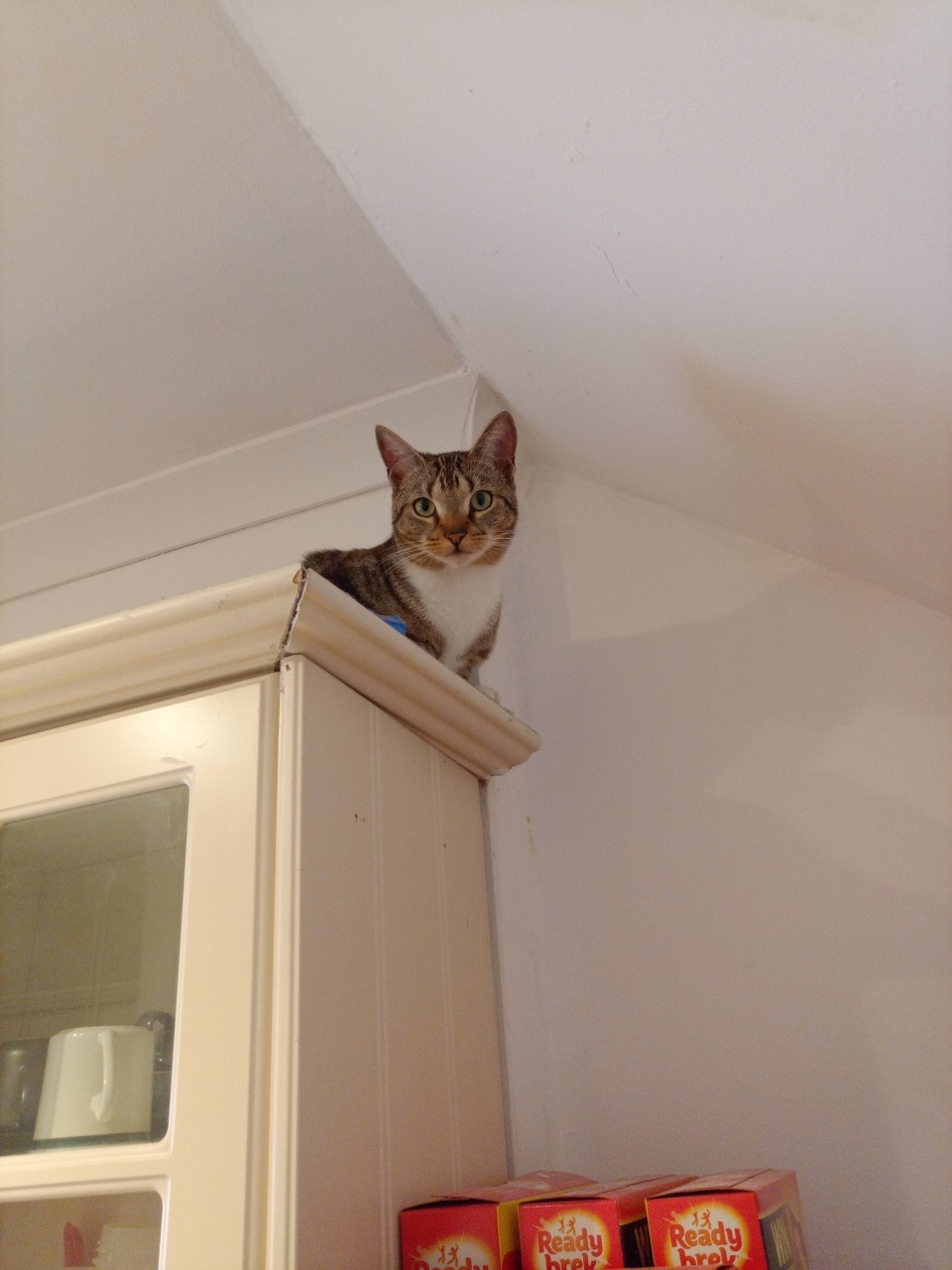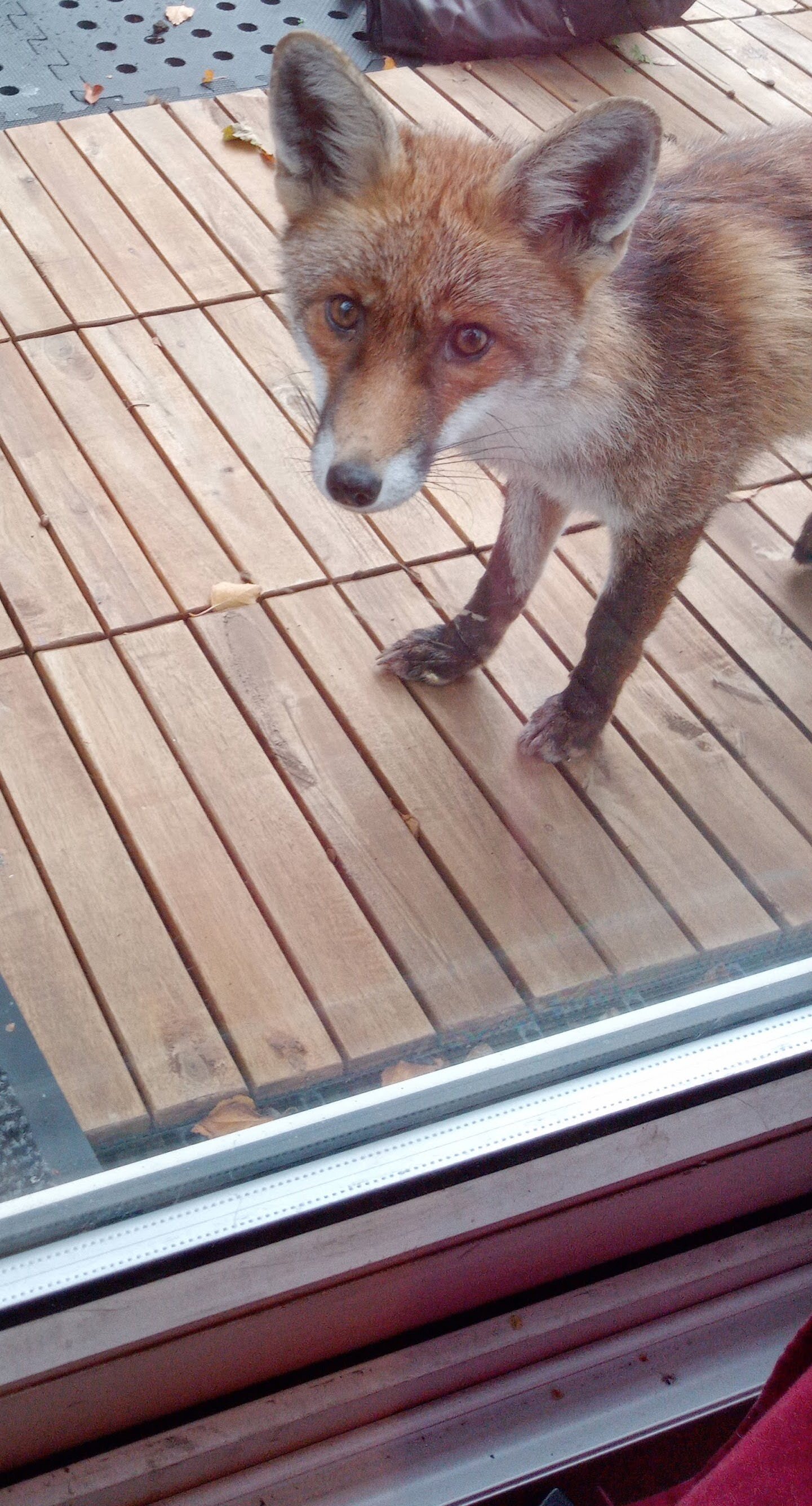The funny thing is we can blame Tolkien for that. It was Tolkien who got Lewis to convert, though he became a protestant while Tolkien was a Catholic, and hilariously Tolkien found Lewis' use of Christian symbolism too overdone and lacking in subtlety.
I interviewed with them once, and they swore up and down that they were cleaning up and divesting of all the harmful stuff, and wanted me to trust they were all about health and a smoke-free future.
Thankfully they were so staggeringly full of bullshit during the interviews that I quickly realized it'd be an absolutely horrifically toxic (groan, yes, sorry) place to work irrespective of my other doubts, and I ended up telling them I didn't want to continue the process and that I was so unhappy with the assorted bullshit during the process that I didn't want to ever be approached by them again.
That's the very long way of saying I'm not the slightest bit surprised it turns out they are in fact still massive asshats, and I'm very happy I caught on early enough.
The word "nice" in every setting is almost the full extent of Nice's tourism branding.
My own. My Emacs config grew over years to several thousand lines, and it got to a point where I decided I could write an editor in fewer lines that it took to configure Emacs how I liked it. It's ... not for everyone. I'm happy with it, because it does exactly only the things I want it to, and nothing else, but it does also mean getting used to quirks you can't be bothered to fix, and not getting to blame someone else when you run into a bug.
That said, writing your own editor is easier than people think, as long as you leverage libraries for whichever things you don't have a pressing need to customize (e.g. mine is written in Ruby, and I use Rouge for syntax highlighting, and I believe Rouge is more lines of code than the editor itself thanks to all the lexers)
The foxes are still more shy here for the most part. They'll run if I open the door or if they see me move too much inside, while the cats will sometimes come to me and some of them (that one in particular) will come inside. But the gazebo is too tempting for both cats and foxes when I'm not out there.
That's true. It's been an issue near me as well. Thankfully in the most built up parts of London the foxes seems to mostly have enough food to not be particularly interested in cats. But I always keep an eye out when I see the cats here get close to foxes in case it turns nasty (not happened so far).
You realise just how racist it sounds when you're blaming the Palestinian people as a whole for the actions of a subset?
Israel is an illegal occupying force. As such they are inherently always the aggressor.
The foxes here are so well fed and chill most of the time that the cats have lost almost respect for them... They're still a bit cautious (which is good, because there certainly are incidents of foxes killing cats) but overall it's pretty peaceful.
Especially when it's hot and nobody wants to run around.
I wish it was just the GOP they were copying, and not the damn NSDAP.
There's an implicit "for the poor" that needs to be appended to these things when they come from Tories. Even then there's no reason to think it's true, but the point being that they don't see themselves as part of the groups they're talking about.







To me, that's not an argument for regulating AI, though, because most regulation we can come up with will benefit those with deep enough pockets to buy themselves out of the problem, while solving nothing.
E.g. as I've pointed out in other debates like this, Getty Images has a market cap of <$2bn. OpenAI may have had a valuation in the $90bn range. Google, MS, Adobe all also have shares prices that would trivially allow them to purchase someone like Getty to get ownership of a large training set of photos. Adobe already has rights to a huge selection via their own stock service.
Bertelsmann owns Penguin Random-House and a range ofter publishing subsidiaries. It's market cap is around 15 billion Euro. Also well within price for a large AI contender to buy to be able to insert clauses about AI rights. (You think authors will refuse to accept that? All but the top sellers will generally be unable to afford to turn down a publishing deal, especially if it's sugar-coated enough, but they also sit on a shit-ton of works where the source text is out-of-copyright but they own the right to the translations outright as works-for-hire)
That's before considering simply hiring a bunch of writers and artists to produce data for hire.
So any regulation you put in place to limit the use of copyrighted works only creates a "tax" effectively.
E.g. OpenAI might not be able to copy artist X's images, but they'll be able to hire artist Y on the cheap to churn out art in artist X's style for hire, and then train on that. They might not be able to use author Z's work, but they can hire a bunch of hungry writers (published books sells ca 200 copies on average; the average full time author in the UK earns below minimum wage from their writing) as a content farm.
The net result for most creators will be the same.
Even wonder why Sam Altmann of OpenAI has been lobbying about the dangers of AI? This is why. And its just the start. As soon as these companies have enough capital to buy themselves access for data, regulations preventing training on copyrighted data will be them pulling up the drawbridge and making it cost-prohibitive for people to build open, publicly accessible models in ways that can be legally used.
And in doing so they'll effectively get to charge an "AI tax" on everyone else.
If we're going to protect artists, we'd be far better off finding other ways of compensating them for the effects, not least because it will actually provide them some protection.